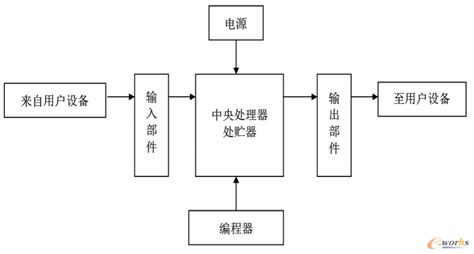```html
Understanding the Role of Timers in Programming Modules
In various programming paradigms and languages, timers play a crucial role in managing timesensitive tasks and scheduling operations. Whether it's in embedded systems, web development, or application programming, timers help ensure that tasks are executed at specific intervals or after certain delays. Let's delve into the significance and applications of timers across different programming modules:
In embedded systems programming, timers are fundamental for managing realtime tasks. They are often used for:
- Task Scheduling: Timers are employed to schedule periodic tasks such as sensor readings, data logging, and system maintenance routines.
- Interrupt Handling: Hardware timers generate interrupts at regular intervals, allowing the processor to perform critical tasks without polling, thus optimizing system performance.
- Power Management: Timers are utilized to control powersaving modes by waking up the system at predetermined intervals or in response to specific events.
Timers are essential in web development for creating dynamic and responsive user interfaces. Common use cases include:
- Animation: Timers facilitate smooth animations by updating the display at regular intervals, providing a seamless user experience.
- ClientSide Validation: Timers can trigger validation checks on user input fields after a certain delay, improving the usability of web forms.
- Session Management: In web applications, timers are used to manage user sessions by expiring inactive sessions after a predefined period, enhancing security.
In general application development, timers offer versatility in executing tasks asynchronously and managing system resources efficiently:
- Background Tasks: Timers enable the execution of background tasks without blocking the main thread, ensuring the responsiveness of the user interface.
- Cache Management: Timers are employed for cache expiration and refresh, ensuring that data remains uptodate and reducing unnecessary network requests.
- Resource Cleanup: Timers can be utilized to release resources or perform cleanup operations after a specific duration, improving application reliability.

Overall, timers are indispensable components in programming modules, offering precise control over timerelated operations and enhancing the efficiency, responsiveness, and reliability of various systems and applications.
